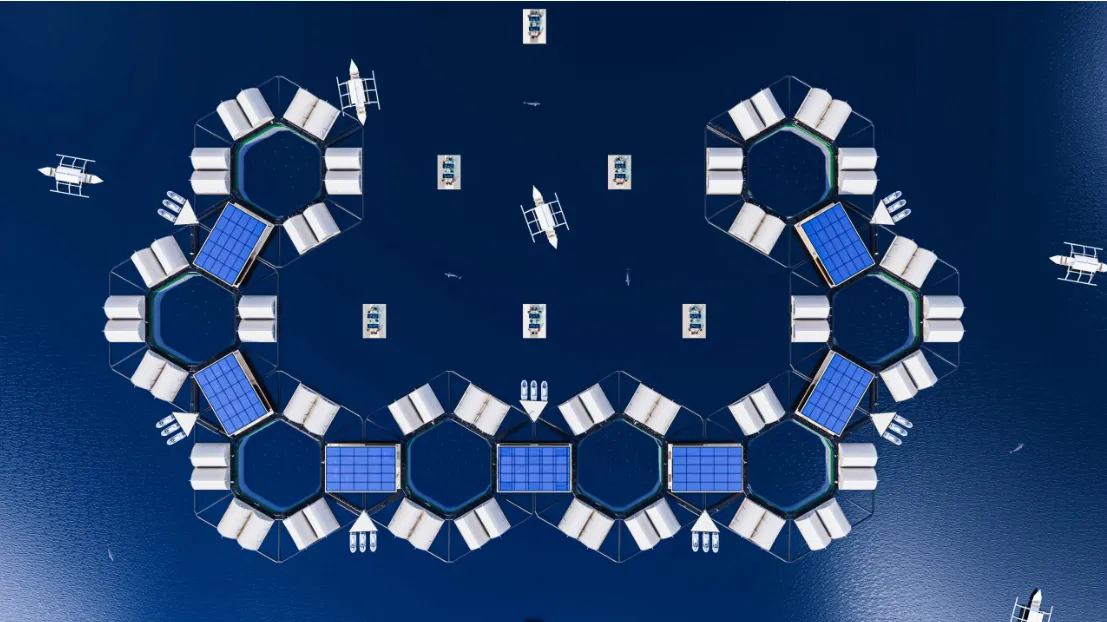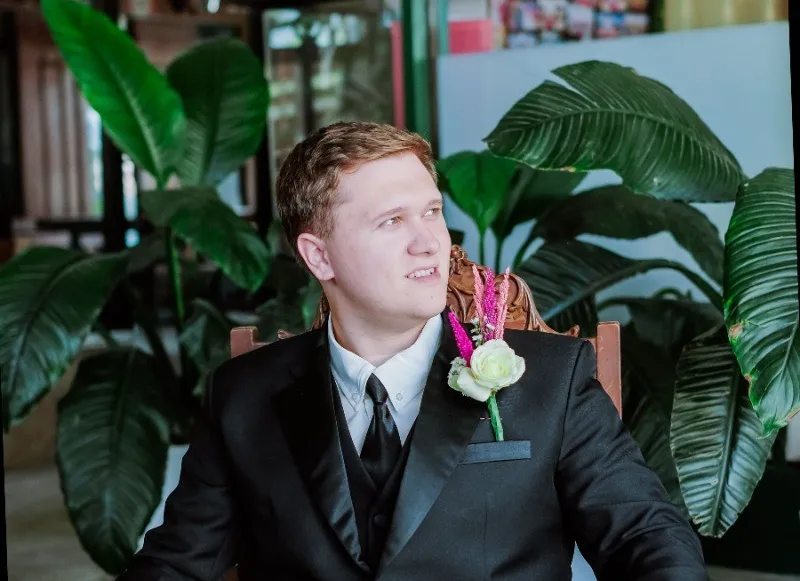Building a city in the sea
With modern design, blockchain and crypto, independent communities could soon start popping up in international waters

The original idea behind "seasteading" was to create small communities free of government control, in international waters not belonging to any country. Fast forward to today, and innovation has made seasteading a whole lot easier. Structures can be made much cheaper while the blockchain can help manage these communities.
Seasteading has been around since the 1960s with mixed success. Some sea-based structures have been destroyed (Republic of Minerva) while the Principality of Sealand, off the coast of England, has now been deemed to be in British territory.
“Modern seasteading is basically to go out into international waters and found these independent, sovereign communities that can trade with crypto, experiment with new types of technologies, maybe new medical technologies, or new financial technologies,” Mitchell Suchner, the co-founder of ArkPad, which builds floating houses, farms, and infrastructure, told The Crypto Radio.
“This is very, very far in the future thinking. But generally those communities are very pro-blockchain,” he adds.
ArkPad is testing the water, so to speak, and has built a floating house near Boracay in the Philippines. It’s second project is called the Reef Resort, a collection of 16 floating houses, also off the coast of the country.

“What we're planning on doing with the second seastead is to build it into a resort, make it profitable, and prove that the technology of seasteading, that the physical structures themselves are capable of hosting a population, independently, disconnected from the power grid, disconnected from the water grid, running its own utilities, and staying afloat safely for many, many years and also turning a profit in the process.”
The first 12 miles off the coast of any country is called the territorial waters. Within these waters, you're legally in an existing country. If you go more than 12 miles out (24 nautical miles), you're in something called the contiguous zone.
In the contiguous zone, you're not legally in the closest country, though it does have the right to use its coast guard or navy if it deems you to be a military threat. Past this 12-mile zone, you are in the Exclusive Economic Zone. If you want to be able to use the natural resources around you and catch the fish and mine the gold, then you need to move out even further.
The Reef Resort is in territorial waters, but if it can prove its design and technology works, then it will move out to deeper water and then eventually get to international waters. Floating structures have the benefit of being able to be dragged out further out to sea.
Blockchain companies

Suchner is also the founder of Stead, which provides blockchain-based liquidity to floating infrastructure-based businesses in the Philippines, such as fishing and aquaculture companies.
Why the Philippines? “Southeast Asia is a great place to start, because there's a lot of protected water areas. There's a lot of exclusive economic zones where you can have semi autonomy,” he said.
“In these economic zones, they can attract a lot of foreign investment. You can do manufacturing in these places with lower labor costs and lower regulations. You can work in finance with lower regulations, better banking secrecy or better terms for other financial things.”
For these reasons, Suchner predicts demand will come from blockchain-based companies, because “a lot of the time regulations will strangle out newer projects”. Thinking big, he predicts floating cities, with accomodation and multiple industries.
“The long-term goal is to basically take something the size of Monaco or Luxembourg or Singapore or Hong Kong, put that in the middle of the Pacific and let it become a major economic hub.”
Stead is also an online platform that tokenizes marine assets (fishing boats, floating houses, and floating resorts) that are exchanged for Stead tokens. These will be invested in stablecoins (such as Tether/USDT) and released to fish farmers and agricultural workers to help them construct their farms.
“The long term goal is to fund floating resorts and fish farms and cargo ships and things like that, but eventually you can fund just outright floating real estate that builds up these special economic zones, and so the whole thing is kind of like a crowdfunding platform,” he explained.
And if you are wondering about the cost to buy a floating house from ArkPad, they start at about $165,000. When you compare this to real estate costs in Dubai, Florida, or Singapore, that sounds like a bargain.



